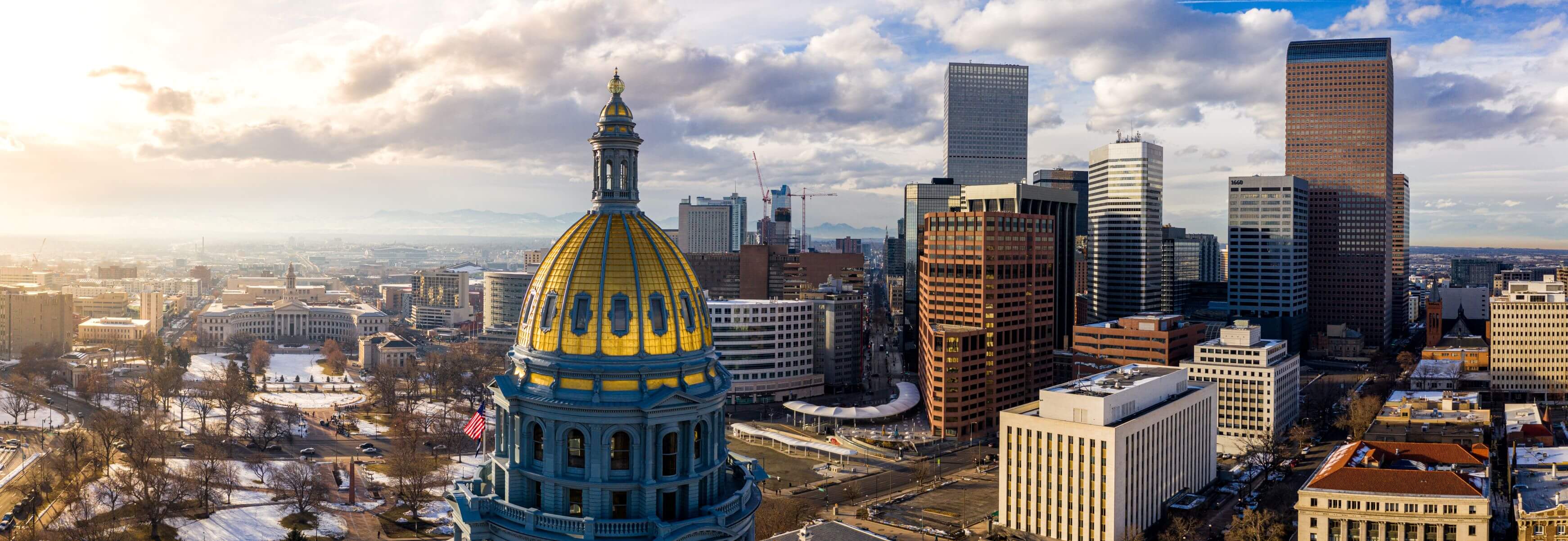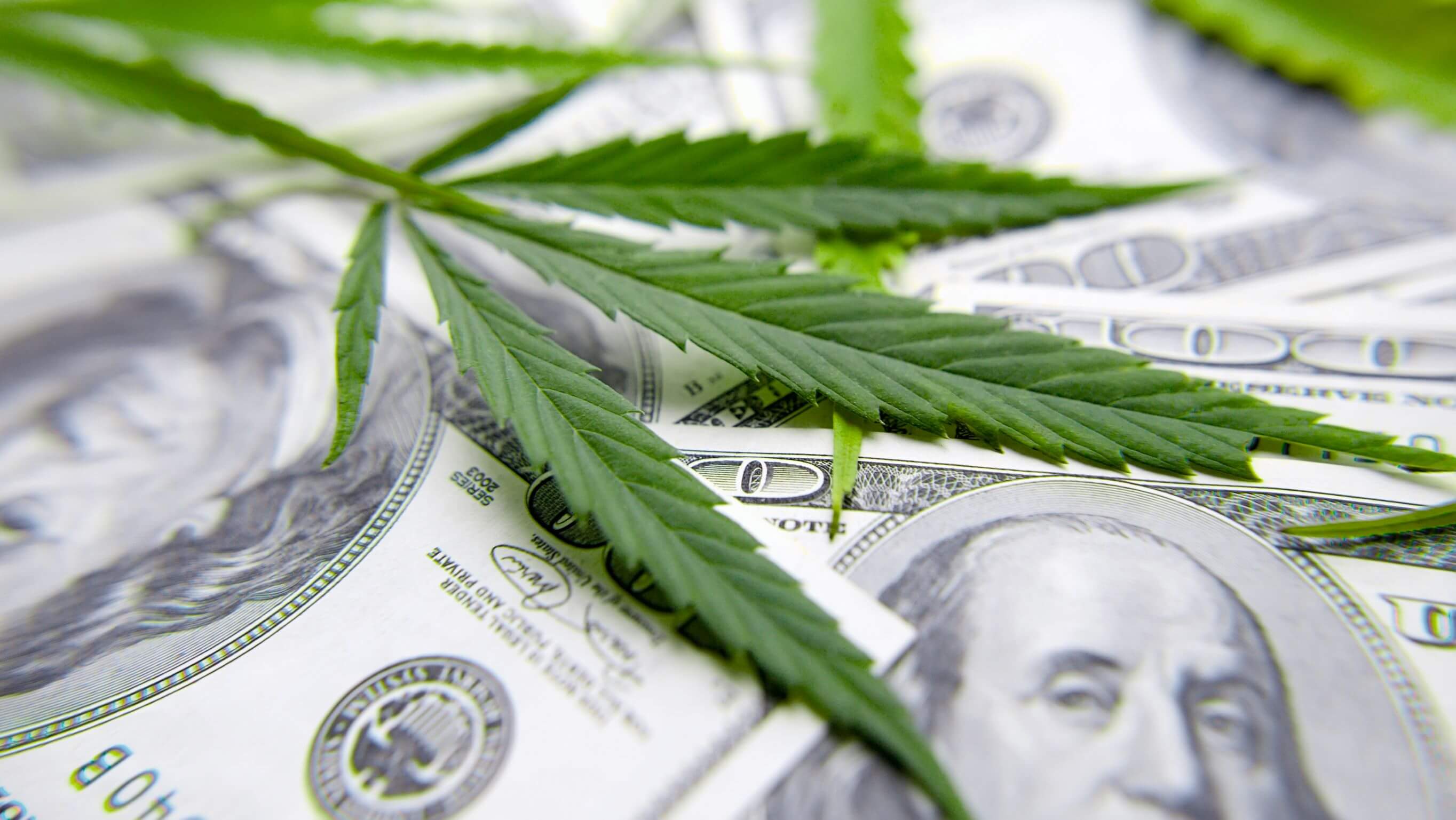Resources
Colorado state tax revenue from the legal cannabis industry surpassed $2 billion in January and the state has collected more than $88.7 million in fees.
In addition to state and local taxes and fees, cannabis businesses have an effective federal tax rate of about 70% – compared to about 26% for other businesses.
Did you know Colorado legal cannabis dispensary owners are unable to deduct normal business expenses like payroll and rent from their federal income taxes?
Marijuana has contributed over $320 Million dollars to Building Excellent Schools Today (B.E.S.T.), making up about 25% of the program's entire budget.
In FY 21-22 alone, nearly $15.3 million in state cannabis dollars went to state Affordable Housing Grant and Loans.
The Marijuana Tax Cash Fund collected $188.8 Million in FY 2021-22 alone.
In FY 21-22 alone, nearly $15 million in cannabis dollars went to the School Health Professional Grant program.
More than $15 million in cannabis dollars went to substance abuse treatment in FY 21-22.
More than $1.6 million cannabis dollars went to the Tony Grampsas Youth Services Program in FY 21-22.
Voters in 59 of 64 Colorado counties voted no on Proposition 119 sending a clear message against raising taxes on cannabis consumers.
Unlike other legalized substances, the marijuana industry has a 97% compliance rate for unauthorized sales.
Unlike alcohol, research has proven you can only get “so high.” Cannabinoid receptors in your brain eventually prevent the body from getting further intoxicated.
Did you know? Since legalization in 2005, teen use in Colorado has remained flat and is below the national average.
According to a recent poll by the Pew Research Center, more than 90% of Americans think cannabis use should be legal.
Did you know? MIG represents more than 400 cannabis business licenses across the state.
A 2021 study found that medical cannabis use was associated with clinical improvements in pain, function, and quality of life with reductions in prescription drug use.
Founded in 2010, MIG is the oldest and largest trade association for licensed cannabis businesses.
Colorado’s marijuana model has become the example for all other regulated cannabis states, and MIG works directly with policy makers to ensure that Colorado’s program is fair, tightly regulated, safe, and successful.
Safe Sales: Every marijuana sale in CO takes place on camera and requires multiple ID checks.
All regulated marijuana in Colorado is tracked from “seed to sale,” with oversight from the Marijuana Enforcement Division.
Established in 2010, MIG has led legislation for child resistant packaging, customer safety resources, and purchase restrictions for 18-20 year olds.
Marijuana is taxed at both state and local levels. This year Aurora built a new $34 Million dollar rec center, fully funded by local marijuana taxes.
The marijuana industry suffers from unfair Federal tax rules, which means that MIG members’ effective tax rates are around 71%.
A 2019 study showed that crime does not increase with legalization.
Conditions for medical marijuana
Cancer - Glaucoma - HIV or AIDS - Cachexia - Persistent muscle spasms - Seizures - Severe nausea - Any condition for which a physician could prescribe an opioid - Autism Spectrum Disorder - Severe pain - PTSD
Most marijuana businesses have access to banks, but because marijuana is still federally illegal, businesses are unable to access merchant processing services such as VISA or Mastercard.
Consuming higher potency marijuana does not lead to higher levels of impairment.
-- Journal of the American Medical Association (JAMA) 2020
71% of Colorado voters favor marijuana legalization. This has increased 10 points in the last four years alone.
As Colorado cannabis sales decrease industry group warns budgets using pot tax revenue are in danger
MIG In The News
As Colorado cannabis sales decrease industry group warns budgets using pot tax revenue are in danger
Denver's Department of Excise and Licenses spokesperson says he's not panicking.
Author: Katie Eastman
Published: 9:58 PM MDT July 14, 2022
Updated: 9:58 PM MDT July 14, 2022
COLORADO, USA — Early in the pandemic, people in Colorado bought more marijuana than they ever had before. Sales in 2020 peaked in July at more than $226 million.
But recently, sales have slowed down and in May, total marijuana sales were around $148 million.
"This is an industry at its breaking point," said Truman Bradley, the executive director of the Marijuana Industry Group (MIG).
Bradley said not only are businesses struggling and being forced to lay off employees, but state and local budgets could see an impact as well.
"A drop in sales in 13 months is not a trend, it's a reality," said Bradley. "This is where we're at now, and for [Denver] that means between a 20 and 25% cut to important services such as affordable housing and homelessness prevention."
In Denver, marijuana sales tax revenue accounts for about 5% of the city's general fund. Most of it goes toward enforcement, regulation and youth education.
Denver's recent pot sales are similar to the states with a 27% decline in retail sales this May compared to May of last year.
"Revenue does impact future budgets, there's no doubt about that," said Eric Escudero, the director of communications for Denver's Department of Excise and Licenses. "But I think you got to be careful about making the observation for something that's happening in the moment and assuming that that will be the case a year or two years from now."
Escudero said he isn't ready to panic. He even expected lower sales after they skyrocketed in the beginning of the pandemic.
"We have to be nimble we have to be flexible," said Escudero. "What those budgets may look like in the future depending on sales, you know we don't know."
The Marijuana Industry Group said they are still seeing the same amount of people come into stores to buy cannabis, but they're just not buying as much as they used to.
There's a potential that a ballot initiative will ask Denver voters to raise taxes on pot by 4.5% to fund out of school learning programs, bringing Denver's tax rate on marijuana above 30%. MIG worries that if passed, cannabis sales could decrease even further.
Additional Info
Related Links : https://www.9news.com/article/news/local/next/colorado-cannabis-sales-decrease-budgets-pot-tax-revenue-denver/73-752aa463-3dd0-4ac5-83ec-7b924011eca6








